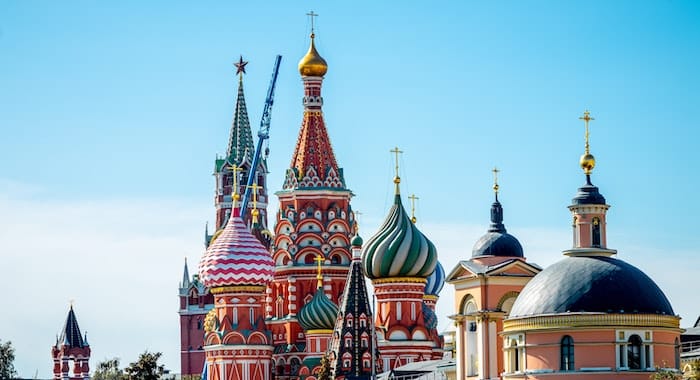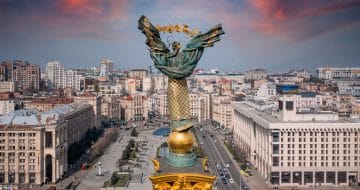Latest escalation in response to Putin’s illegal annexation of Ukrainian regions

The UK government has announced that law firms will no longer be able to provide “transactional legal advisory services” to Russian clients, rolling back on the exemption of legal services from its sanctions strategy.
The announcement explains that “Russia is highly dependent on Western countries for legal services with 85% of all legal services being imported from G7 countries”. It states that the UK accounts for 59% of these imports.
The measures cover certain commercial and transactional services and aim to hamper Russian businesses’ ability to operate internationally. The new sanctions also include IT consultancy, architectural, engineering, advertising, and auditing services.
The Foreign Secretary James Cleverly commented: “The UK utterly condemns Putin’s announcement of the illegal annexation of Ukrainian territory. We will never recognise the results of these sham referendums or any annexation of Ukrainian territory.”
“The Russian regime must be held to account for this abhorrent violation of international law,” he said. “That’s why we are working with our international partners to ramp up the economic pressure through new targeted services bans”.
The Foreign Secretary also noted that “what happens in Ukraine matters to us all, and the UK will do everything possible to assist their fight for freedom.”
Many law firms closed their Russian offices following Russia’s invasion of Ukraine in February, whilst others pledged donations to support Ukraine.
The narrative towards including legal services in sanctions has changed starkly since May when the government announced they would be exempted. Back then, former Parliamentary Under Secretary of State at the Ministry of Justice James Cartlidge explained that “legal services are distinct from other services in the role they play in supporting a flourishing democracy and upholding the rule of law.”
He continued: “Access to legal professionals is considered a fundamental right in democratic societies. It enables businesses and individuals to exercise their rights and comply with their duties. We only have to look at Russia – where corruption is rife and government critics are silenced — to see why the rule of law is so important. Here in the UK, rule of law means that everyone has a right to access legal representation. The government needs to defend these rights — in contrast to authoritarian jurisdictions.”


